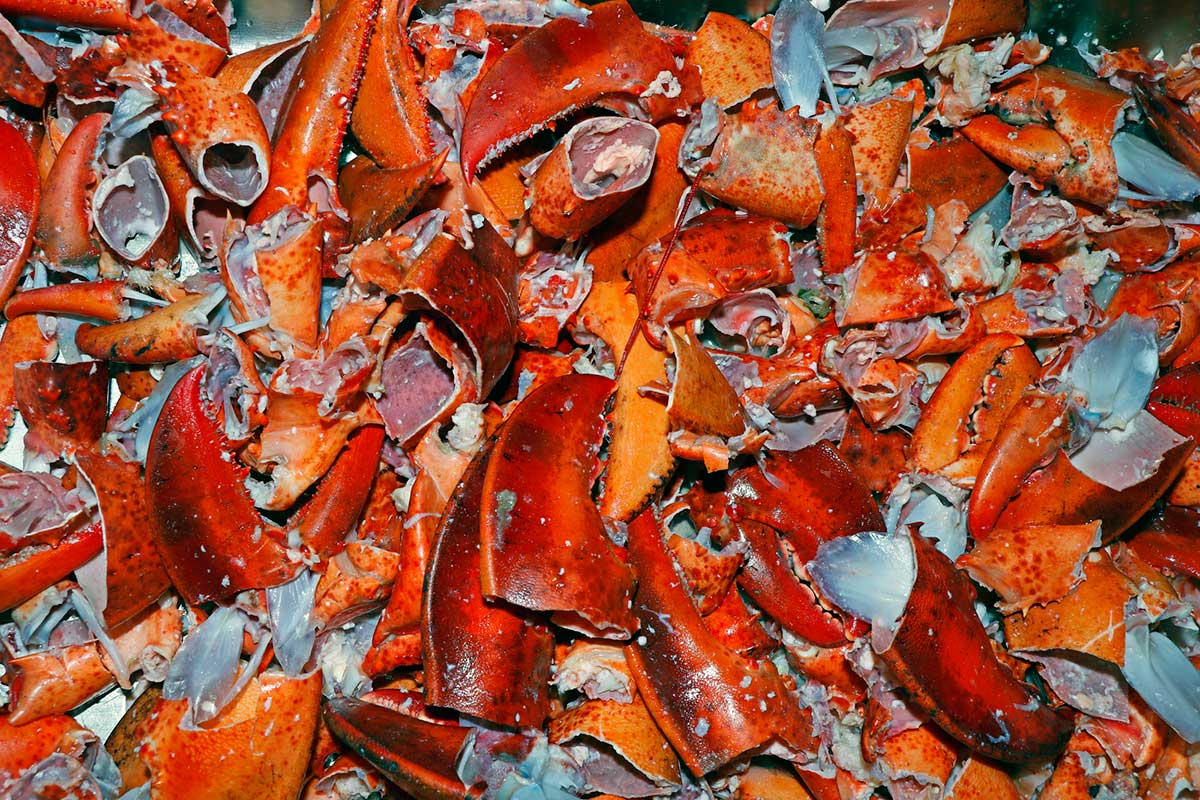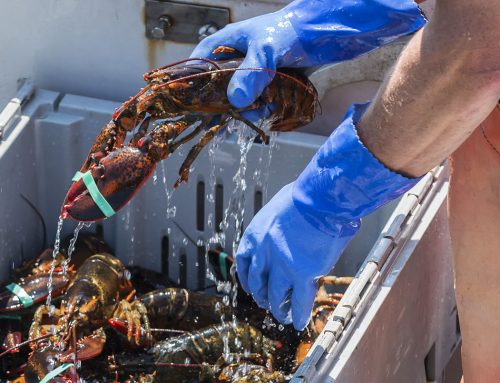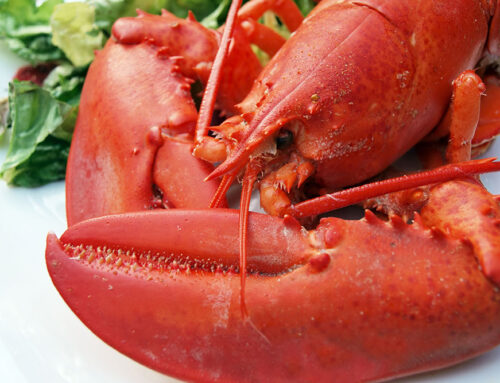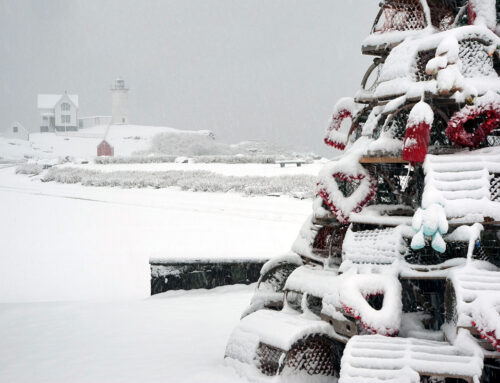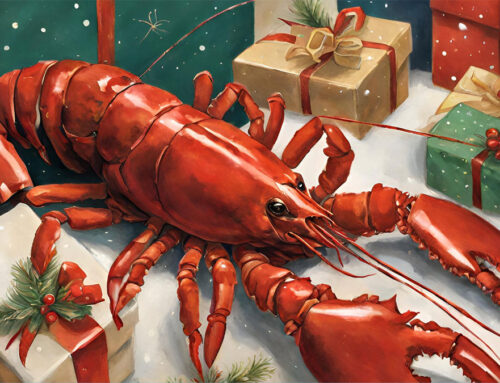We all know the primary purpose of a lobster shell. Because a lobster’s body is soft and vulnerable, the exoskeleton or carapace is the lobster’s main source of protection. The hard shell acts as armor against predators and physical damage.
But once the delicious Maine lobster meat has been extracted and the shells lie in a heap in a bowl, what other uses would one have for them? Turns out, there are a variety of secondary uses for lobster shells you probably didn’t even know about!
- Stock and Broth
Lobster shells are rich in flavor and can be used to make seafood stock or broth. Simmering the shells with water and aromatic ingredients like onions, garlic and herbs can create a flavorful base for soups, stews, risottos and sauces. Check out this Food and Wine article on five ways to cook with lobster shells. - Fertilizer
Crushed lobster shells can be used as a natural fertilizer for gardens. They provide calcium and other minerals that can benefit plants and help deter certain pests. Coast of Maine Organic Products uses lobster shells in its fertilizers. And get this! The Midcoast-based organization Scrapdogs Community Compost will even pick up your discarded lobster shells to keep it out of landfills and give it a secondary use as compost. - Crafts and Decorations
Various Maine artists have used cleaned lobster shells for crafts or decorations. They can be painted, decorated or used in artistic projects. Read about one such artist who uses lobster shells in her handmade jewelry. - Natural Pest Deterrent
Crushed lobster shells can be used in gardens to deter certain pests such as slugs and snails. The sharp edges of the shells can make it uncomfortable for these creatures to move across them. And researchers at The University of Maine are looking for new ways to repurpose discarded lobster shells, studying a possible link between those carcasses and keeping potato fields healthy. - Fire Starter
Dried lobster shells can be used as kindling for starting fires due to their flammable nature. If you’re into fall camping, save those shells! Or use as a kindling for your wood stove. Just make sure to thoroughly clean the lobster shells before repurposing them to remove any remaining meat or debris, especially if they were cooked with heavily seasoned or spiced sauces.
For more fun facts on lobster, read Maine Lobster Festival’s past blogs. And be sure to put next year’s Maine Lobster Festival on your calendar for July 31-Aug. 4, 2024! For more information: https://mainelobsterfestival.com

